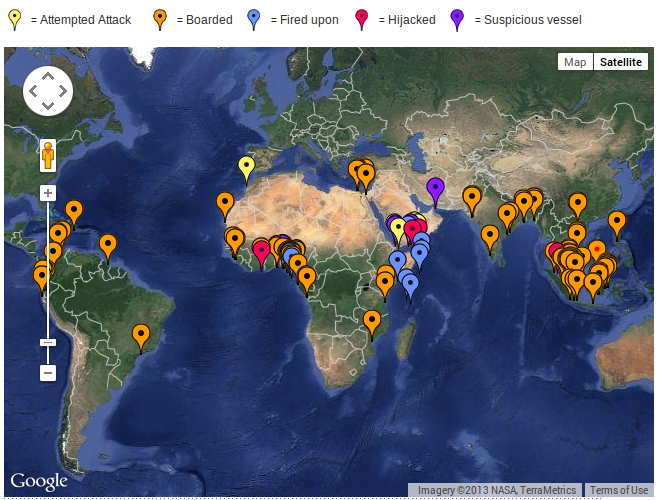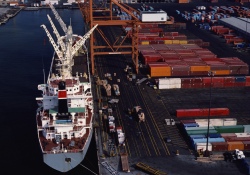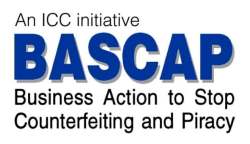- Maritime Piracy
- TalkFraud
- Membership
- Investigation
- Products & Services
The IMB aware of the escalating level of this criminal activity, wanted to provide a free service to the seafarer and established the 24 hour IMB Piracy Reporting Centre (PRC) in Kuala Lumpur, Malaysia.

A newsletter about fraud and global asset recovery from the office of International Chamber of Commerce's FraudNet. To read about key asset recovery cases and global compliance with anti-fraud and money-laundering laws, please click in the link above for the Newsletter PDF.

CCS offers a flexible membership arrangement based on the selection of predetermined membership packages. A prospective member can elect to join one or more Bureaux according to their requirements.

Losses due to official misconduct account for a great many maritime trade incidents. Each incident can be complex and wide-ranging in nature. It is therefore unlikely that any one company will have the knowledge and resources to be able to investigate it thoroughly.

- Details
 The ICC Financial Investigation Bureau (FIB) has urged ongoing caution over gold transactions, after the previously-reported trend in fraudulent deals continued.
The ICC Financial Investigation Bureau (FIB) has urged ongoing caution over gold transactions, after the previously-reported trend in fraudulent deals continued.
- Details
 The ICC International Maritime Bureau (IMB) has uncovered a number of suspect transactions for scrap metal.
The ICC International Maritime Bureau (IMB) has uncovered a number of suspect transactions for scrap metal.
- Details
 The ICC International Maritime Bureau’s (IMB) Piracy Reporting Centre (PRC) has issued a warning to vessels in the waters off Benin.
The ICC International Maritime Bureau’s (IMB) Piracy Reporting Centre (PRC) has issued a warning to vessels in the waters off Benin.
- Details
There are noticeable seasonal variations in the geographical attack patterns of Somali pirates during the north-east (winter) and south-west (summer) monsoons. Whilst the intensity of the monsoons varies from year to year, by season to season and even day by day, the monsoons play an important role in influencing the operational areas and periods of activity.
The SW monsoons normally commence towards the end of May / beginning of June and last until the end of August / early September.
There were no piracy incidents in the Indian Ocean reported as happening in June, July and August last year. Pirates, hampered by rough seas and strong winds, look for other hunting grounds. Increased activity was duly recorded in the Gulf of Aden and in the southern part of the Red Sea, where the prevailing weather conditions are not so intense. The first vessel successfully hijacked in the Red Sea was taken on 4 July 2010.
2011 has witnessed similar heightened activity in the Red Sea, with 15 incidents for the year – 11 of which have taken place since 20 May. This recent increase is a cause for concern.
Over the weekend of 10-12 June the IMB Piracy Reporting Centre (PRC) received reports of three vessels targeted in the Indian Ocean approximately 450 NM east of Socotra. Two incidents took place on the same day, in almost the same position and within two hours of one another, suggesting the possible involvement of the same pirate action group. A bulk carrier was first fired upon, then a chemical tanker was targeted. The following day, a Panamax bulk carrier was fired on in almost the same position.
Reports from two of the Masters over these two days suggest that the seas were very rough when the attacks occurred. Winds were reported to be in the region of Beaufort force 7 (around 34 mph) with sea swells of approximately 4.5 metres. These are not normally conditions conducive to launching attacks from small attack skiffs.
The success ratio of hijacks to attempted attacks has decreased from one in every four and a half vessels targeted being hijacked in 2010 to one in just over seven vessels in 2011. This is attributed to more robust naval involvement and to increased ship protection measures. The number of overall attacks has however risen year on year. It may be that these recent Indian Ocean incidents are a sign of desperation on behalf of the pirates, or that there are many more Pirate Action Groups (PAGs) operating now than there were in 2010, particularly outside the Gulf of Aden. Robust action against the mother ships remains the only viable response to prevent further attacks.
The recent attacks have shown that, contrary to past experience, the threat of Indian Ocean piracy during the monsoon seasons continues. Masters are therefore advised to maintain a heightened status of readiness, to implement self-protection measures in accordance with Version 3 of the Best Management Practice, and to report all incidents, be they actual or attempted attacks.
Contact
Contact
© Commercial Crime Services, a division of the ICC Company limited by guarantee registered in England No 05716642 Registered office Cinnabar Wharf, 26 Wapping High Street LONDON E1W 1NG Tel: +44 (0)20 7423 6960 E-mail us your comments and remarks








